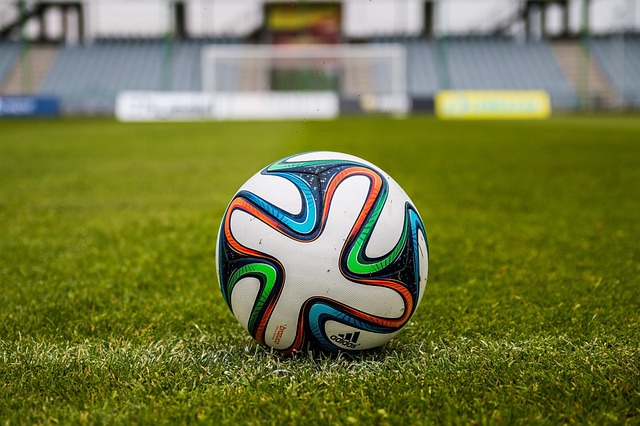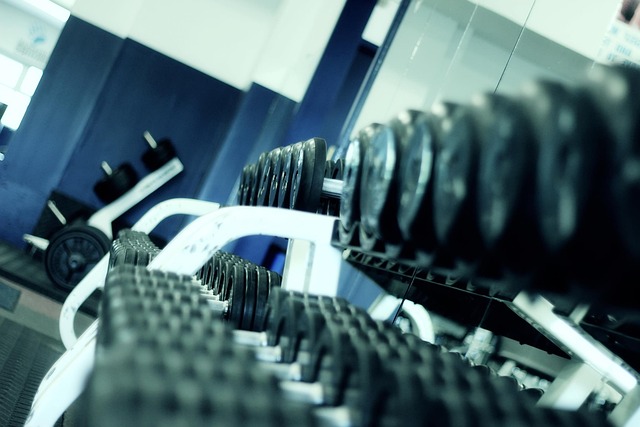When the lights go down and the crowd roars, the athlete’s mind is already racing ahead of the physical demands that lie ahead. In the world of sport events, every decision—from the first bite of breakfast to the last sip of water—can determine whether you finish strong or falter midway. It’s not enough to train hard; you must also nourish your body, guard your mental health, and cultivate a lifestyle that supports peak performance. This article walks through the practical, science‑backed strategies that athletes, coaches, and fans can adopt to keep the engine running at its best.
Understanding the Energy Landscape of Sport Events
The body operates on a finely tuned energy system that shifts depending on the type, duration, and intensity of activity. In sport events that last from a few minutes (e.g., sprint races) to several hours (e.g., marathons, triathlons), the proportion of carbohydrates, fats, and proteins used can vary dramatically. Carbohydrates are the preferred fuel for high‑intensity efforts, while fats become more important during prolonged, moderate‑intensity activities. Proteins play a secondary but essential role in repair and recovery.
- Carbohydrate Loading: Building glycogen stores before a long event can extend endurance and delay the onset of fatigue.
- Targeted Fat Intake: Healthy fats support sustained energy release and hormonal balance, especially in sports requiring steady effort over hours.
- Protein Timing: Consuming protein soon after activity helps rebuild muscle and reduces soreness.
Pre‑Event Nutrition: Fueling for Success
The meals and snacks you consume in the 24‑48 hours leading up to a sport event set the stage for performance. It’s not just about eating “more” but about choosing the right foods and timing them strategically.
Breakfast: The First Build
A balanced breakfast rich in complex carbohydrates, moderate protein, and low fat can provide sustained energy for morning competitions. Examples include oatmeal topped with berries and a spoonful of Greek yogurt, or whole‑grain toast with avocado and a poached egg.
“Breakfast is the most important meal of the day,” says nutritionist Dr. Elena Martinez. “In sports, it’s the foundation that supports all subsequent energy demands.” – Dr. Martinez
Mid‑Day Strategy
During the day, focus on easy‑to‑digest snacks that maintain blood glucose levels. Options such as banana‑oat smoothies, whole‑grain crackers with hummus, or a small portion of nuts and dried fruit can bridge the gap between meals.
The Pre‑Race Plate
Within 2–4 hours before the event, choose a light, carbohydrate‑heavy meal with minimal fiber and fat. Think of a grilled chicken wrap, a small bowl of pasta, or a rice bowl with lean protein. Avoid high‑fat sauces or heavy proteins that might cause discomfort during the event.
During the Event: Real‑Time Nutrition
What you eat and drink during a sport event can significantly influence both your endurance and your psychological state. Hydration, electrolytes, and quick‑release carbs are the cornerstones of in‑race fueling.
- Hydration: Aim to sip water or an electrolyte drink every 10–15 minutes. Dehydration can impair cognition, reduce reaction time, and increase perceived exertion.
- Carb Supplements: Gel packs, chews, or a small portion of fruit provide glucose that the body can rapidly absorb. In endurance events, ingesting 30–60 grams of carbohydrates per hour is often recommended.
- Electrolyte Balance: Sodium, potassium, and magnesium support muscle function and help prevent cramps. Many sports drinks contain these electrolytes, but natural sources like bananas or a pinch of sea salt can also help.
- Mindful Eating: Pay attention to hunger cues and avoid overeating, which can lead to nausea or sluggishness.
Post‑Event Recovery: Rebuilding the Foundation
Recovery is a critical phase in the performance cycle. The body uses the nutrients consumed after an event to replenish glycogen, repair tissue, and reset the nervous system.
Immediate Post‑Race Nutrition
Within 30 minutes of finishing, target a 3:1 ratio of carbohydrates to protein. This could be a recovery shake with 25 grams of protein and 75 grams of carbs, or a sandwich made with whole‑grain bread, lean turkey, and a side of fruit.
Long‑Term Refueling
Over the next 24 hours, maintain balanced meals that include complex carbs, lean protein, and healthy fats. Consuming anti‑inflammatory foods like omega‑3 rich fish, nuts, and leafy greens can reduce muscle soreness and improve joint health.
Sleep and Stress Management
Sleep is where the majority of recovery takes place. Aim for 7–9 hours of quality rest after intense events. Techniques such as progressive muscle relaxation, controlled breathing, or light yoga can alleviate stress and improve sleep quality.
Lifestyle Habits that Amplify Performance
Beyond the kitchen, a healthy lifestyle creates a supportive ecosystem for athletic success. Small, consistent changes can produce outsized benefits.
- Regular Sleep Schedule: Go to bed and wake up at the same time daily to stabilize circadian rhythms.
- Active Recovery Sessions: Gentle walks, swimming, or mobility work can stimulate blood flow without adding undue stress.
- Mindfulness Practices: Meditation, journaling, or visualization can sharpen focus and reduce performance anxiety.
- Community Engagement: Training with peers or participating in local sport events fosters motivation and accountability.
Practical Planning: Crafting Your Personal Nutrition Blueprint
Every athlete’s physiology and event demands differ. Building a personalized plan requires thoughtful assessment and ongoing adjustments.
- Assess Your Baseline: Keep a food and training log for two weeks to identify patterns, strengths, and gaps.
- Set Clear Goals: Are you targeting a personal best time, improving endurance, or reducing recovery time? Your objectives will shape the focus of your nutrition strategy.
- Consult Professionals: Registered dietitians, sports nutritionists, or certified strength coaches can offer evidence‑based guidance tailored to your needs.
- Iterate and Optimize: Regularly review performance data and adjust macronutrient ratios, meal timing, or supplement use accordingly.
- Monitor Micronutrient Intake: Pay attention to iron, calcium, vitamin D, and B‑complex vitamins, especially for female athletes or those with high training loads.
Common Misconceptions and How to Avoid Them
Misunderstandings about nutrition can sabotage performance. Debunking myths empowers athletes to make better choices.
- “More protein is always better.” Excess protein can strain kidneys and shift energy away from glycogen storage.
- “You can “eat for performance” the day before.” While pre‑loading glycogen is helpful, overeating or consuming heavy meals can hinder digestion.
- “Skipping meals is okay.” Consistent energy supply is critical; prolonged fasting can lead to low blood sugar and impaired focus.
- “All carbs are the same.” Complex, fiber‑rich carbs provide steady glucose release, while simple sugars spike quickly and then crash.
Conclusion: The Integrated Athlete’s Toolkit
Fueling your performance at sport events is more than a diet plan; it’s a holistic approach that marries nutrition, hydration, recovery, and lifestyle. By understanding the energy demands of your event, planning meals strategically, staying hydrated, and nurturing your body with sleep and stress management, you create a resilient platform that can support peak performance. The key lies in consistent, informed action—small choices made daily that compound into extraordinary results on race day.




